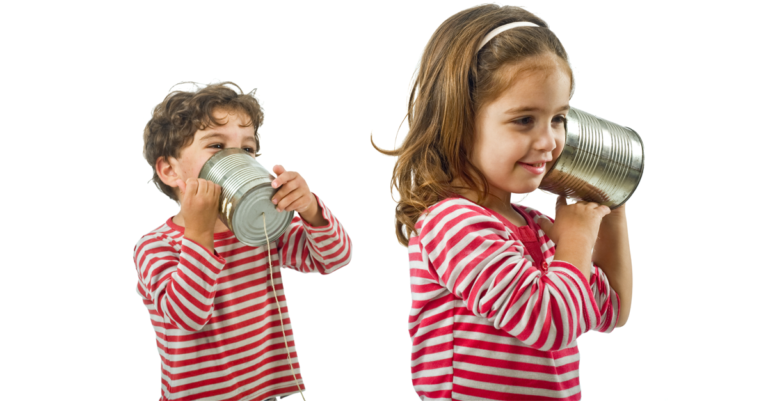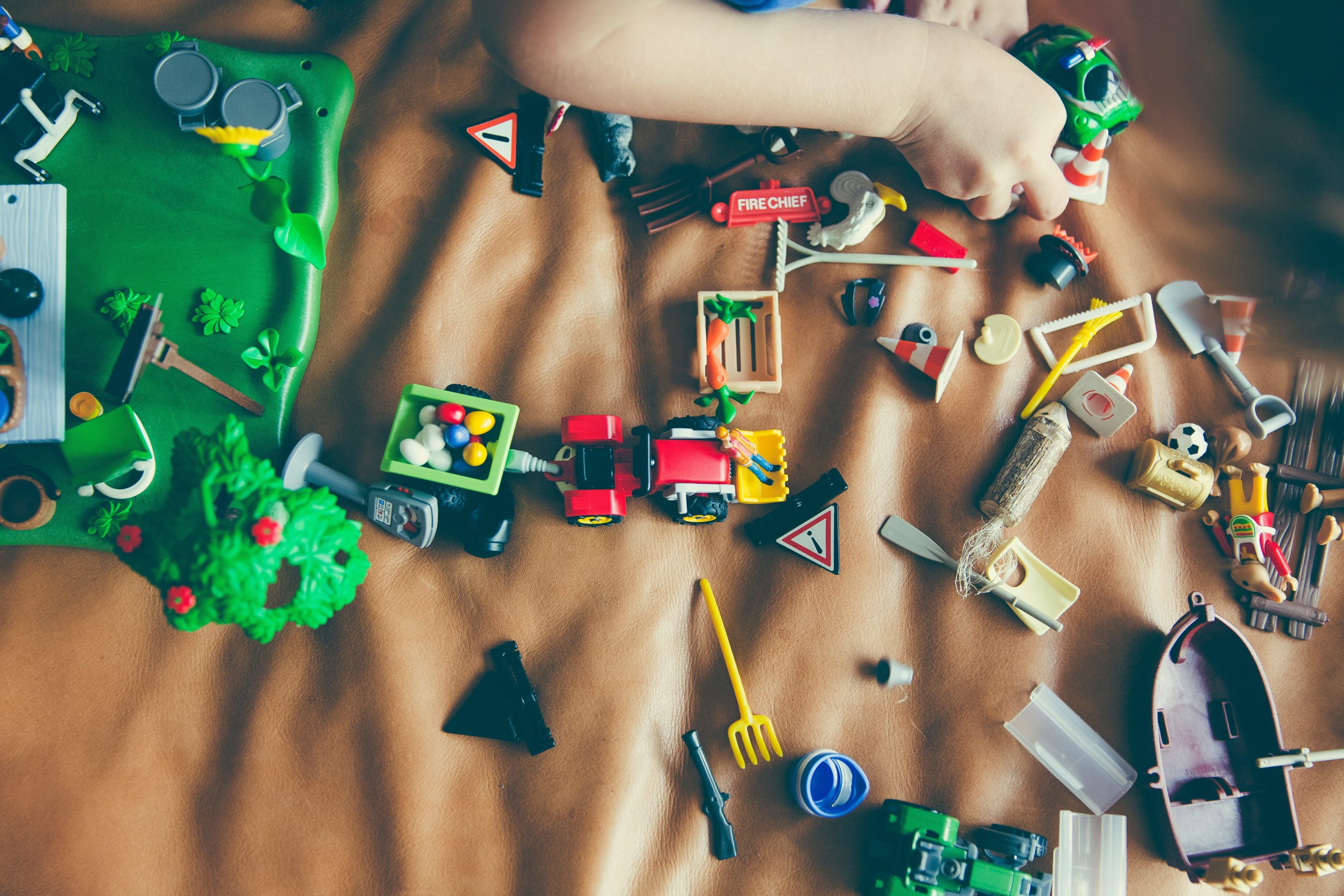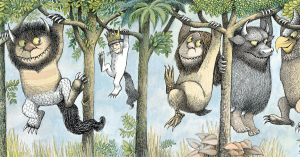Play is a tool that, from a very early age, helps us to socialize and explore the world. Through play we train our ability to solve problems and begin to develop critical thinking. By playing we exercise our imagination and other cognitive skills such as attention, memory and reasoning.
Why use games as a learning methodology?
What happens to us when we play is that we learn through positive emotions. When we have fun, the brain areas of pleasure (ventral tegmental area, nucleus accumbens, striatum, anterior cingulate cortex, hippocampus, amygdala and cerebral cortex) and motivation (ventral tegmental area, amygdala, hippocampus, olfactory tubercle, nucleus accumbens and prefrontal cortex) are activated.
Another of the qualities of play-based learning is that it enhances child development, promotes learning and fosters interaction between parents and children. Play-based learning engages children’s natural curiosity and desire to participate in experiences based on their own unique interests as they understand the world around them.
In conclusion, play is an important vehicle for children to learn and assimilate new concepts, skills and experiences. Therefore, play is a primary pedagogical tool in education.
Language and communication through play
Play promotes children’s literacy and language development. In preschool, they acquire a larger vocabulary, in part, through play-based learning as they begin to naturally engage in conversations with their environment.
Have you noticed when your child is playing with his toys and talking to himself? Not only do we learn vocabulary when we play with someone else, but with individual play, we exercise language, communication, creativity and imagination.
One of the key pieces to play-based learning is the ability to relate to others. Language can be verbal and nonverbal and we can use tools of all kinds to communicate. But, communication skills aside, the goal is to collaborate to accomplish a goal and to be able to convey one’s own ideas.

Social skills and emotional intelligence through games
Through games it is possible to develop social skills. Games help to experiment with new identities, to explore options and consequences, and to test our own limits.
When we play with others we are developing the sociability, the creative, critical and communicative capacity of the individual. We can learn skills such as empathy, cooperation, assertiveness or self-control.
It is essential to know how to relate to others and deal with interpersonal conflicts. Empathy is the ability to take into account the emotions and feelings of others in order to act in a consistent and respectful way. In addition, developing empathy also strengthens our personal development, improves resilience and enhances self-esteem. When we play, we learn to put ourselves in the other’s place to create stories, even out of inanimate objects such as toys.
Symbolic play, in which we adopt different roles (making visual representations of different scenarios or characters, acting out stories) can be a pedagogical strategy to train empathy.

Game-based methodologies set creative processes in motion and lead to learning in which users solve problems and organize ideas, and conclude with meaningful learning of skills.
Based on the premise that we do not all learn at the same pace, the use of games, both manual and digital, can help to capture attention and participation, as well as motivate learning.

At Kokoro Kids, we like to propose ideas so that the little ones can learn while playing. We encourage you to practice with the games you’ll find in our app.




